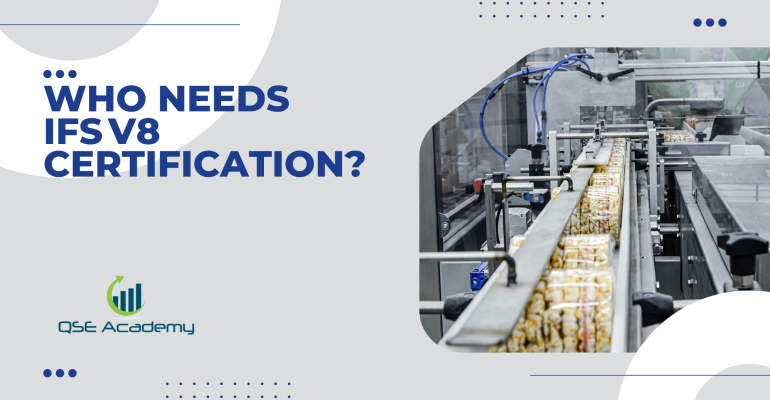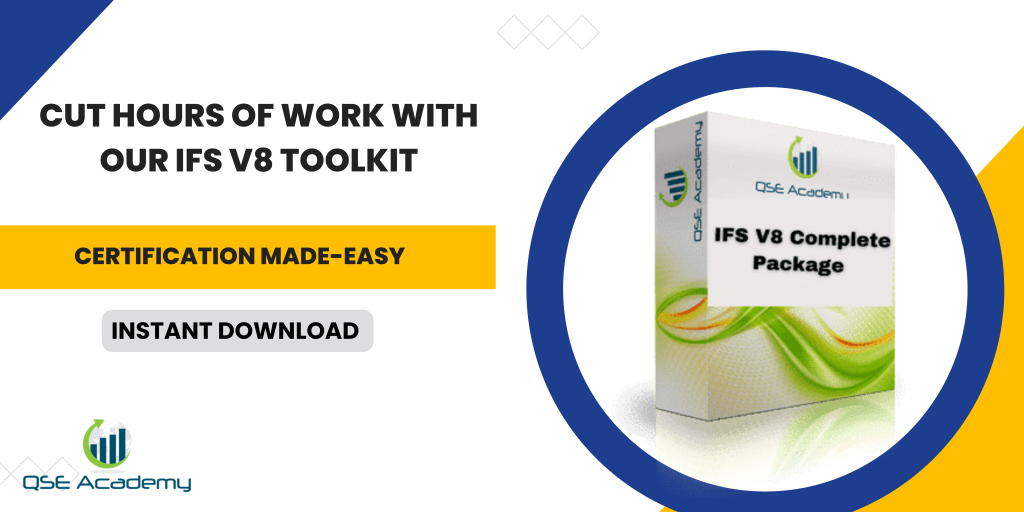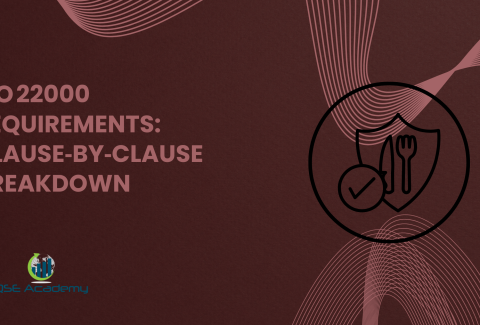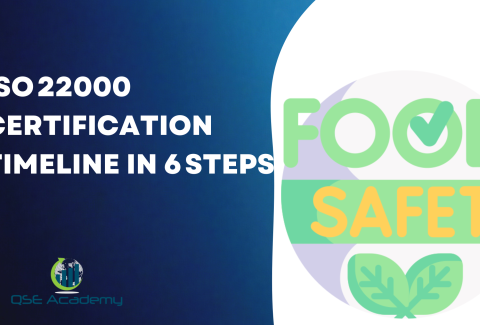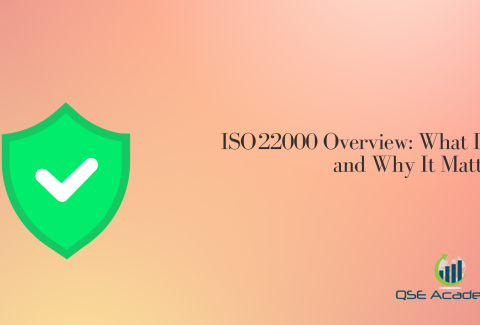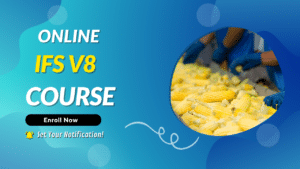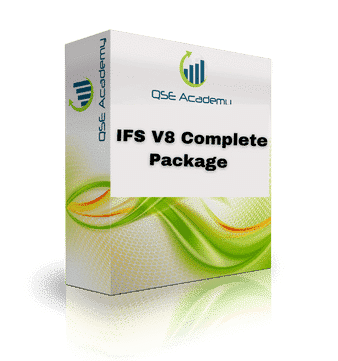Who Needs IFS V8 Certification?
Last Updated on December 23, 2025 by Hafsa J.
Why This Question Matters
If you’re here wondering whether IFS Food V8 certification is necessary for your business, you’re already asking the right question. I’ve helped manufacturers, co-packers, and exporters navigate this decision, and one thing stands out: most companies don’t decide based on curiosity—someone in the supply chain pushes the conversation.
Sometimes it’s a retail buyer saying, “We only work with IFS-certified suppliers.”
Other times it’s a growing business realizing that ISO 22000 or HACCP alone won’t unlock the markets they want.
By the time you finish this guide, you’ll have a clear understanding of:
- Which industries and business models benefit from IFS Food certification
- When IFS is required vs optional
- How market geography influences the right choice
- Whether your organization should move toward certification now—or later
Let’s break it down simply and clearly.
Businesses Supplying European Retailers & Private Label Brands
Here’s something I see over and over: if you’re selling into large supermarket chains in Europe—especially Germany, France, Italy, or Spain—IFS isn’t just a nice-to-have. It’s expected.
Retailers like Edeka, Carrefour, Kaufland, and Lidl rely heavily on IFS because it aligns with their supplier monitoring models and risk expectations.
A real example:
A confectionery manufacturer I worked with supplied a national retail chain in France. For years, HACCP approval was enough. The minute they started producing private-label SKUs, the retailer told them:
“IFS certification is mandatory within 12 months.”
Pro Tip:
If you’re already in discussions with private-label buyers—get ahead of this requirement now instead of scrambling later.
 Food Manufacturers Working With High-Risk or Retail-Ready Products
Food Manufacturers Working With High-Risk or Retail-Ready Products
IFS Food V8 is designed for companies that process, transform, or package food products—not trading companies or logistics providers (they fall under other IFS scopes).
If your products fall into categories like:
- Ready-to-eat meals
- Dairy
- Meat and poultry
- Frozen foods
- Baby food
- Prepared vegetables
- Beverages
…IFS certification aligns well with your risk profile.
A common misconception is thinking ISO 22000 certification is “enough” for retail supply chains. For internal improvement, yes. For retail supply or private-label? Often no.
Companies Targeting EU Expansion or Export Growth
If you’re planning to enter the EU market or expand into Europe, IFS certification can act as a passport. Even when it’s not formally required, it creates immediate credibility and reduces buyer hesitation.
I’ve seen deals move faster—not because the product changed—but because the certification signaled maturity and reduced supplier risk.
Pro Tip:
Before building an expansion plan, ask future customers what standard they expect. It saves time, money, and negotiation frustration later.
Contract Packers, Co-Manufacturers & Private-Label Producers
If your business manufactures products on behalf of retailers or major brands, IFS certification is often part of the onboarding conditions.
These clients want proof that:
- Your processes are repeatable
- Controls are consistent
- Documentation is available and verified
- Food safety culture exists—not just policies on paper
And because you’re producing their branded products, the risk exposure is higher.
One co-packer I supported believed their existing audit status from clients would be enough. Once they started producing allergen-sensitive lines, every new buyer asked the same question:
“Are you IFS-certified?”
Their certification became the difference between small orders and long-term contracts.
Organizations Seeking GFSI-Level Recognition With a European Focus
IFS is part of the GFSI-recognized family of food safety standards, alongside BRCGS, FSSC 22000, and SQF. So if you’re comparing it with other certification pathways, it often comes down to geographic and market expectations—not superiority.
A simple breakdown:
| Situation | Best Fit |
|---|---|
| Targeting EU retailers or private-label | IFS Food V8 |
| Targeting UK or global retail | BRCGS Food |
| Exporting globally, especially to manufacturing-focused buyers | FSSC 22000 |
| North American retail focus | SQF |
Insight:
The “right” certification isn’t the one that’s the easiest—it’s the one aligned with your market.
Businesses Improving Food Safety Maturity and Consistency
Sometimes certification isn’t about buyer pressure—it’s about leveling up operations.
IFS drives:
- Strong documentation
- Clear responsibilities
- Supplier control discipline
- Measurable improvement culture
- Consistent process execution
- Accountability throughout production
One mid-sized bakery I supported told me after certification:
“IFS forced us to mature faster than we would have on our own.”
They didn’t pursue certification because someone demanded it—they did it to build reliability and scale.
FAQs — Quick Clarifications
Is IFS required for small businesses?
Not always. But if you want retail supply contracts or co-manufacturing opportunities, it becomes relevant quickly.
Can a company transition from ISO 22000 to IFS easily?
Yes—but expect to strengthen documentation, validation, and evidence-based implementation.
Is IFS certification mandatory in the EU?
No—not for regulatory compliance. But many retailers make it mandatory for suppliers.
Conclusion — Should You Move Toward Certification?
If your business supplies—or plans to supply—the European retail market, produces private-label products, or wants to demonstrate food safety maturity to high-value buyers, then IFS Food V8 certification isn’t just beneficial—it’s strategic.
If you’re unsure whether now is the right time, the next logical step is a readiness assessment or gap review. It tells you whether you’re months away—or a year away—from certification success.
Whether it’s ISO 9001, ISO 22000, or the cosmetics-focused ISO 22716, I’ve spent my career I’m not here to call myself an expert—I prefer “enthusiast” because I truly love what I do. When I’m not writing about standards, you’ll probably find me playing Piano 🎹, connecting with people, or diving into my next big project💫. I’m an engineer specialized in the food and agricultural industry
make ISO standards less intimidating and more approachable for everyone.
turning complex jargon into clear, actionable steps that businesses can actually use.
There’s something incredibly rewarding about helping people navigate food safety and quality management systems
in a way that feels simple, practical, and even enjoyable.
I have a Master’s in QHSE management and over 12 years of experience as a Quality Manager
I’ve helped more than 15 companies implement ISO 9001, ISO 22000, ISO 22716, GMP, and other standards
My clients include food producers, cosmetics manufacturers, laboratories, and service companies
I believe quality systems should be simple, useful, and efficient.

